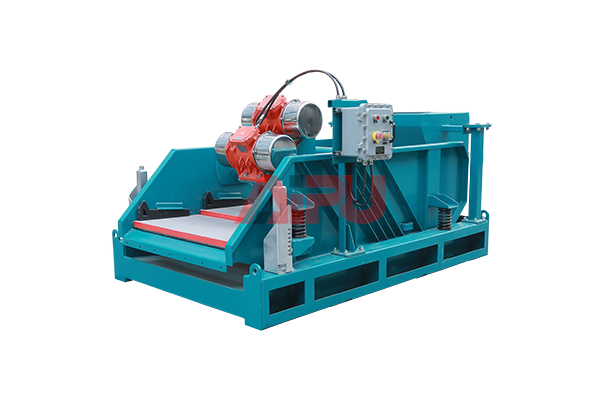The operation mode of solids control equipment plays a crucial role in drilling fluid management, ensuring efficient separation of solids from drilling fluids. Understanding how these systems work is essential for optimizing drilling operations and maintaining environmental compliance.

Modern solids control systems typically follow a multi-stage separation process. The first stage involves shale shakers, which use vibrating screens to remove larger cuttings from the drilling fluid. These primary separators handle the bulk of solid removal, with mesh sizes ranging from coarse to fine depending on operational requirements.
The second stage usually consists of desanders and desilters, which employ hydrocyclones to remove finer particles. Desanders typically process particles between 45-74 microns, while desilters handle particles as small as 15-44 microns. The centrifugal force generated in these units separates solids based on size and density differences.
Centrifuges represent the final stage in most systems, capable of removing ultra-fine particles down to 2-5 microns. These high-speed rotating machines separate solids through differential settling rates, with some advanced models capable of adjusting separation parameters based on real-time fluid analysis.
Effective solids control requires proper equipment sequencing and flow management. The drilling fluid moves through the system by gravity flow or pumping, with each stage processing progressively finer particles. Proper flow rates and equipment settings are critical - too fast and separation efficiency drops, too slow and processing capacity suffers.
Modern systems often incorporate automated controls and monitoring systems. These technologies adjust equipment parameters based on real-time data from sensors measuring fluid density, viscosity, and solids content. Some advanced systems can even predict maintenance needs based on performance trends and operating conditions.
The closed-loop nature of modern solids control systems significantly reduces waste generation and fluid loss. By efficiently removing solids and returning clean fluid to the active system, these operations minimize environmental impact while reducing drilling fluid costs. Properly maintained equipment can recover 90-95% of usable drilling fluid.
If your project requires solids control equipment, choose Aipu solids control, it will be your best choice.
